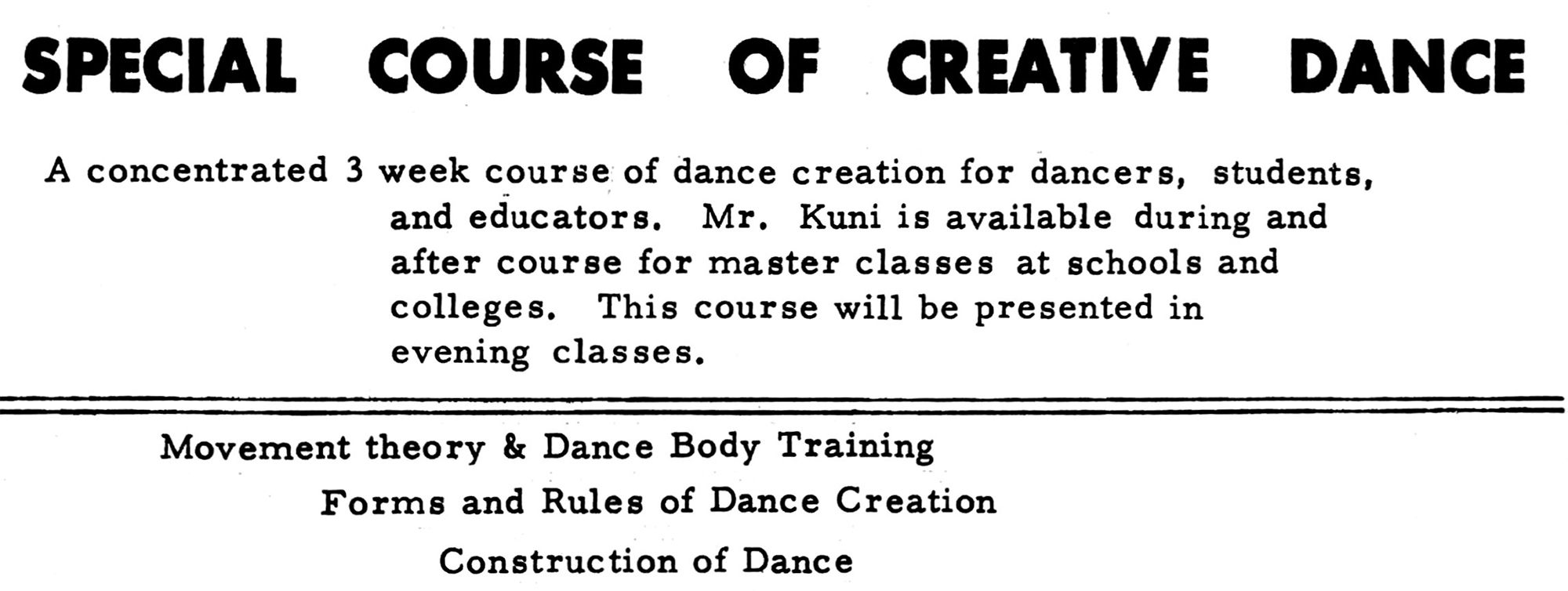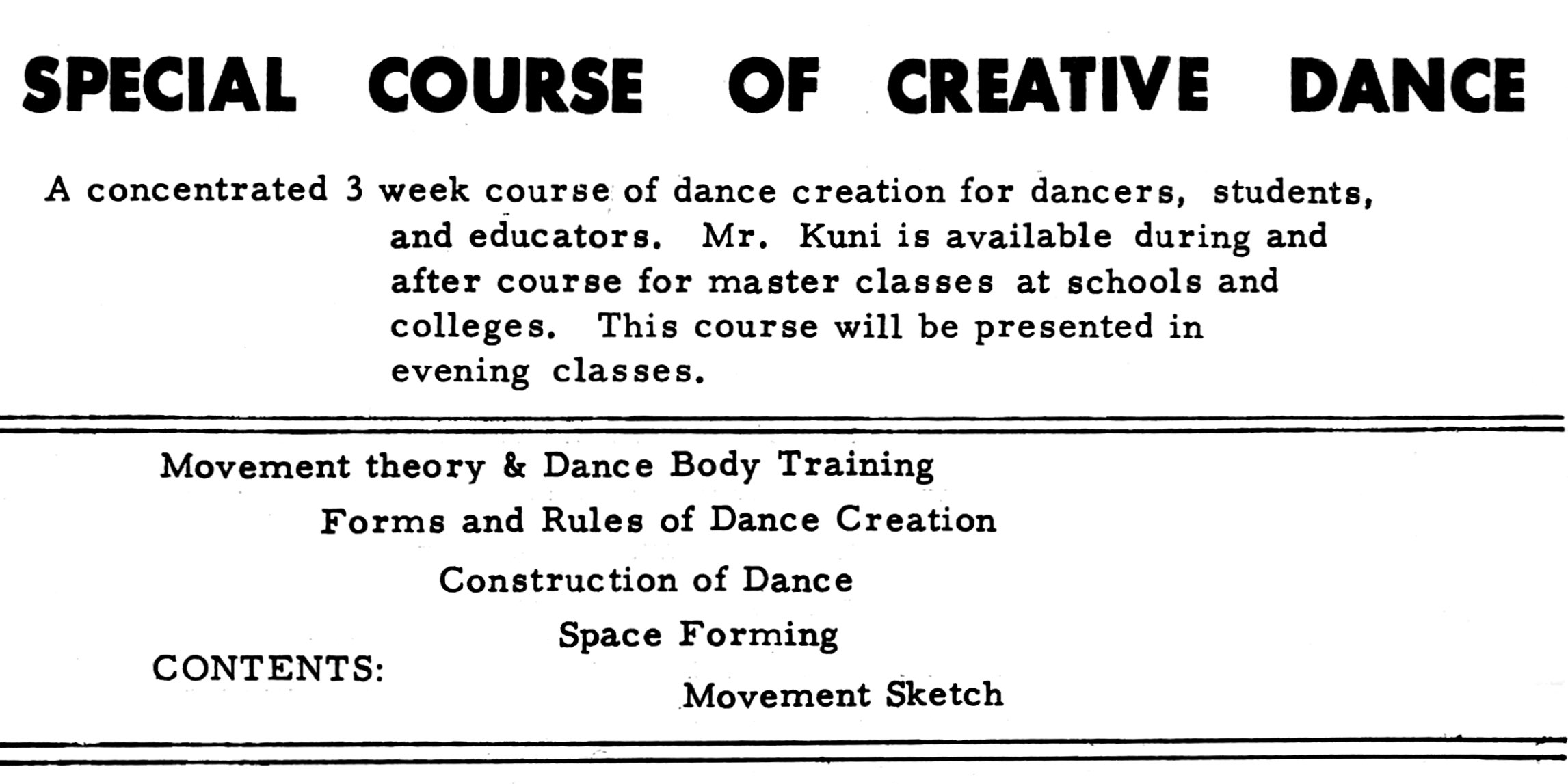Cosmopolitanism and Traveling Dancers: Kuni Masami and Cho Taik-won
Eun Young Seong
East Asian Languages and Literatures
UC Irvine
The subject of my case study is the performances of two dancers: Kuni Masami and Cho Taik-won. The study examines how these dancers, who constantly moved between Korea, Japan, Germany, France, and the U.S., represented multifaceted perceptions of ethnicity through non-verbal, bodily expressions. My examination explores the dynamics of cultural representations and identity formation that relate to movement and migration, an intensely and widely recurring phenomenon throughout our contemporary world. Firstly, the investigation commences with Kuni’s pedagogical and cultural philosophy as well as his dance performances revealing how Kuni, who grew up as a colonial subject yet came to represent cosmopolitan identity that transcends any specific ethnic identity, imagined Korea, Japan, Germany, and the U.S. in his performances. In addition, by examining his texts, performances, and pedagogical activities, reveals how Kuni, as an educator, connected his political and social consciousness with his pedagogical philosophy and methods. Secondly, Cho’s autobiographies and dance performances, center both domestic and international politics. Cho continually tried to present ethnic consciousness in his performances, while the “Koreanness” that Cho represented has been politically interpreted in various ways.


